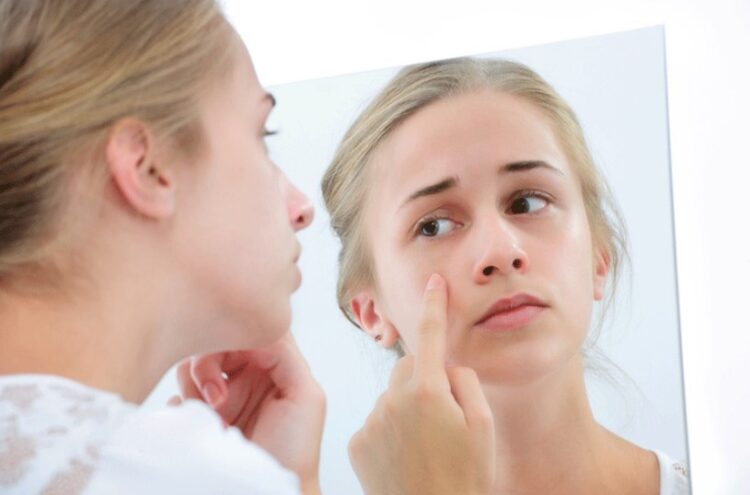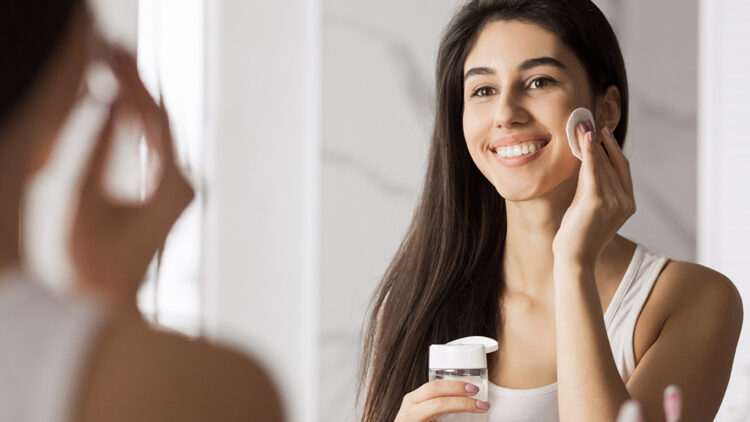We all remember our junior high and high school years, when our parents were so stupid. They threw around words like responsibility, patience, and chores, paying no mind to our need for those Air Jordans right now. They would irritatingly observe that our biggest crush’s failure to notice our existence was “his [or her] loss.” They would ignore our agony and breezily announce that “things will look better in the morning.”
Fast-forward a few years and, wow, they had gotten so much smarter. We really do need to check the tires before a trip and clean the dishes directly after dinner. We really do deserve partners who care about us for the people we are, not those we pretend to be. And often, a good night’s sleep will solve our problems — or at least grant us a new perspective on them.
This raises the question, is there anything parents could do better to communicate with their teens now, not 15 years from now? The question and its answer matter, because our children are going to go through difficult times, and we want to be there to help.
One of the common trials for teens is acne. Our handling of the conversations about acne can cause problems, and inspiring teens into action with possible treatment is no easier. However, there are some useful strategies that will encourage your child to accept your aid.
1. Start With Empathy

Don’t try to be a fixer right away. As parents, we want to swoop in and rescue our children from struggles. We’ll get to that, but first consider a line commonly used in education circles: “[Children] won’t care how much you know unless they know how much you care.”
So before drawing up a 10-point action plan, listen more than act at the beginning. When they complain about their blemishes, don’t argue with them. When they bemoan the state of their complexion, don’t diminish their concerns. It’s hard to face the world when you hate the way your face looks, so don’t downplay their anguish; empathize instead.
When the time feels right, employ some of the following discussion strategies:
Share Your Own Struggles
Show solidarity by revealing your own struggles with acne. The vulnerability you show makes it OK for your child to be vulnerable, too. If you haven’t dealt with acne problems, pick something else, like your gnarly toe that keeps you from wearing flip-flops. Whatever, just come up with something. If your experience reassures your teen that this, too, shall pass, so much the better.
Practice Active Listening
Repeat back what your child is saying. In hostage negotiations (which is a lot like talking to a teenager at times), it’s common practice to repeat back what the other person has said. It makes them feel heard and respected. It’s disarming, and isn’t that a major goal when trying to coax a teenager into talking?
Invoke Influencers
Find stories of people they respect who have dealt with acne. “Did you know Lili Reinhart and Selena Gomez have acne?” If the strategy works, your teens will ask, “How do they look so good then?” And you’ll say, “Oh, I’m sure they found the right acne treatment.”
2. Facilitate, Don’t Dictate

In a perfect world, candidates for acne treatment would come to it of their own volition. As much as possible, you need to let your child express their desire for help. There will be greater buy-in, which means less resistance and a higher level of participation.
According to Healthline.com, a good approach is to give your teen some agency over the decision by encouraging them to research acne treatment online. Suggest they talk to others about their acne problems, and perhaps do some networking behind the scenes. A sister-in-law who overcame extreme acne could provide good advice or offer to talk to your teen.
As much as your child is suffering, they may be reluctant to seek treatment. They may be hoping their acne will go away on its own or, on the flip side, fear nothing can be done. Employ a questioning technique to encourage communication, asking:
- Does your acne bother you so much that you are willing to look at acne treatments?
- Would you like me to ask your friends’ parents what they do?
- What level of acne treatment do you feel comfortable with?
Teens often buck authority, so inserting yourself too intrusively may not be a good strategy. Try to avoid forcing your child to talk about their acne or make immediate decisions. You should likewise avoid making every decision for them. Patience and humility are everything when you are trying to get an adolescent deer to eat from your outstretched hand.
3. Get Busy Finding Resources

Once you have your teen’s blessing to proceed, it’s time to get assertive. Kids remember who fought for them when they needed help. You will earn major points by pursuing the best treatment for your child’s acne. When it begins to show results, your child’s gratitude will be undying.
You’ll likely want to start with over-the-counter treatments like cleansers, toners, and spot treatments containing salicylic acid or benzoyl peroxide. Both ingredients work to reduce oil production and clear skin of dead cells that can clog pores and contribute to breakouts. If your child is plagued by blackheads and whiteheads, they may find products with salicylic acid effective. The pustules that characterize cystic acne often respond better to benzoyl peroxide.
If OTC remedies are insufficient, it may be time to turn to prescription acne treatments. These fall into four common categories:
- Antibiotics, which attack the bacteria that cause acne from the inside
- Retinoids, which impede bacteria growth, control production of oil, and reduce inflammation
- Birth control pills, which regulate the hormones that stimulate acne-causing oil production
- Spironolactone, which likewise blocks androgens, the hormones that overproduce oil
Assisting your teen in accessing needed resources is even more important when it comes time to contact health professionals. Before picking up the phone, scour the internet for provider reviews and ratings, using sites like Health Grades.
Just because a physician is a dermatologist doesn’t mean they’re good at their job. What do their patients say about them online? If there are plenty of reviews and some common complaints, they likely indicate actual problems. You’ll want to go with a health care provider who gets glowing patient reviews.
Empathy, facilitation, and advocacy are generally well received by most people, even teens. All three of these tips attempt not only to solve your child’s problems with acne, but also foster an improved relationship between the two of you. Nurture the relationship with patience, communication, and support, and when the time is right, bring in the skincare artillery.
 Hi Boox Popular Magazine 2024
Hi Boox Popular Magazine 2024



